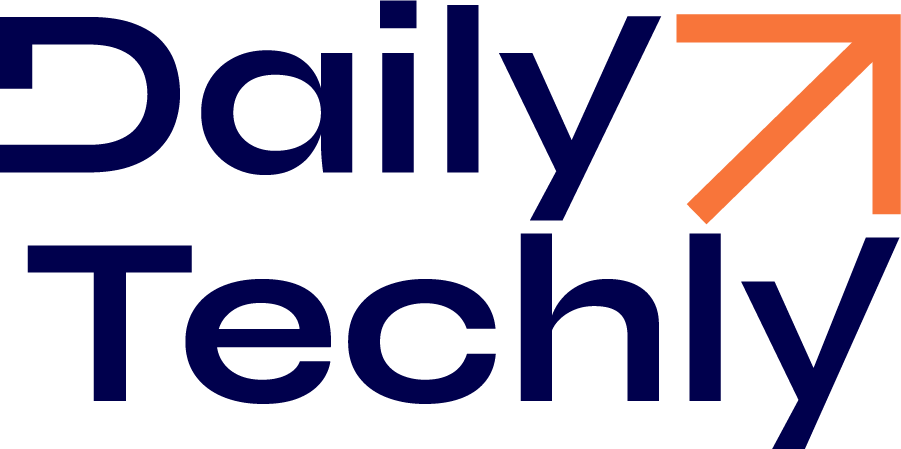In today’s fast-paced digital world, the role of Artificial Intelligence (AI) in transforming the software development lifecycle (SDLC) is nothing short of revolutionary. With AI, the entire process of creating, testing, and deploying software has undergone a massive shift. Ultimately, this is making it more efficient, accurate, and significantly less time-consuming.

The Traditional Software Development Lifecycle
Traditionally, the SDLC involves several stages: planning, designing, coding, testing, deployment, and maintenance. Thus, each of these stages required human intervention. Which, while effective, was often time-consuming and prone to errors. Thus, the introduction of AI has transformed these stages, making the process faster and more error-free.
AI in Planning and Designing
AI tools can now analyze vast amounts of data. We want to identify market needs and user preferences. Helping developers to plan and design software that better meets user requirements. AI-driven design tools can also automatically generate design options. Reducing the time and effort required in the designing phase.
Coding with AI
Moreover, AI has significantly impacted the coding phase. By introducing automated code-generation tools. These tools can generate code snippets. These are based on developer inputs, reducing the coding time and effort. Furthermore, AI-powered coding assistants can also suggest code optimizations and corrections. So, it is improving code quality and efficiency.
Testing Transformed in Software Development
Testing is perhaps the most revolutionized aspect of SDLC by AI. AI-driven testing tools can automatically identify bugs. And vulnerabilities in the code. This significantly reduces the testing time. These tools can also be learned from previous testing cycles. Becoming more efficient over time.
Deployment and Maintenance

AI has made the deployment phase more efficient through predictive analysis. Automatically determining the optimal time and method for software deployment. In maintenance, AI-driven analytics tools can predict potential system failures or issues before they occur. So, they are reducing downtime and improving user satisfaction.
The Impact on Developers and Businesses
For developers, AI in software development means less time spent on repetitive tasks. It allows them to focus on more creative aspects of software development. For small businesses, it means faster time-to-market for their software products. Moreover, it has improved software quality and reduced development costs.
The Future of Software Development with AI
The integration of AI into the SDLC is just the beginning. AI technology evolves. So, we can expect even more innovative tools and techniques to emerge. This is further revolutionizing software development. From intelligent automation to predictive analytics. AI is set to make software development more efficient, accurate, and innovative.
Conclusion
AI’s role in transforming the software development lifecycle is undeniable. It has made the process faster, more efficient, and less prone to errors. As AI technologies continue to evolve, we can expect further innovations that will continue to revolutionize the way software is developed. The future of software development is bright, and AI is leading the way.





1 Comment